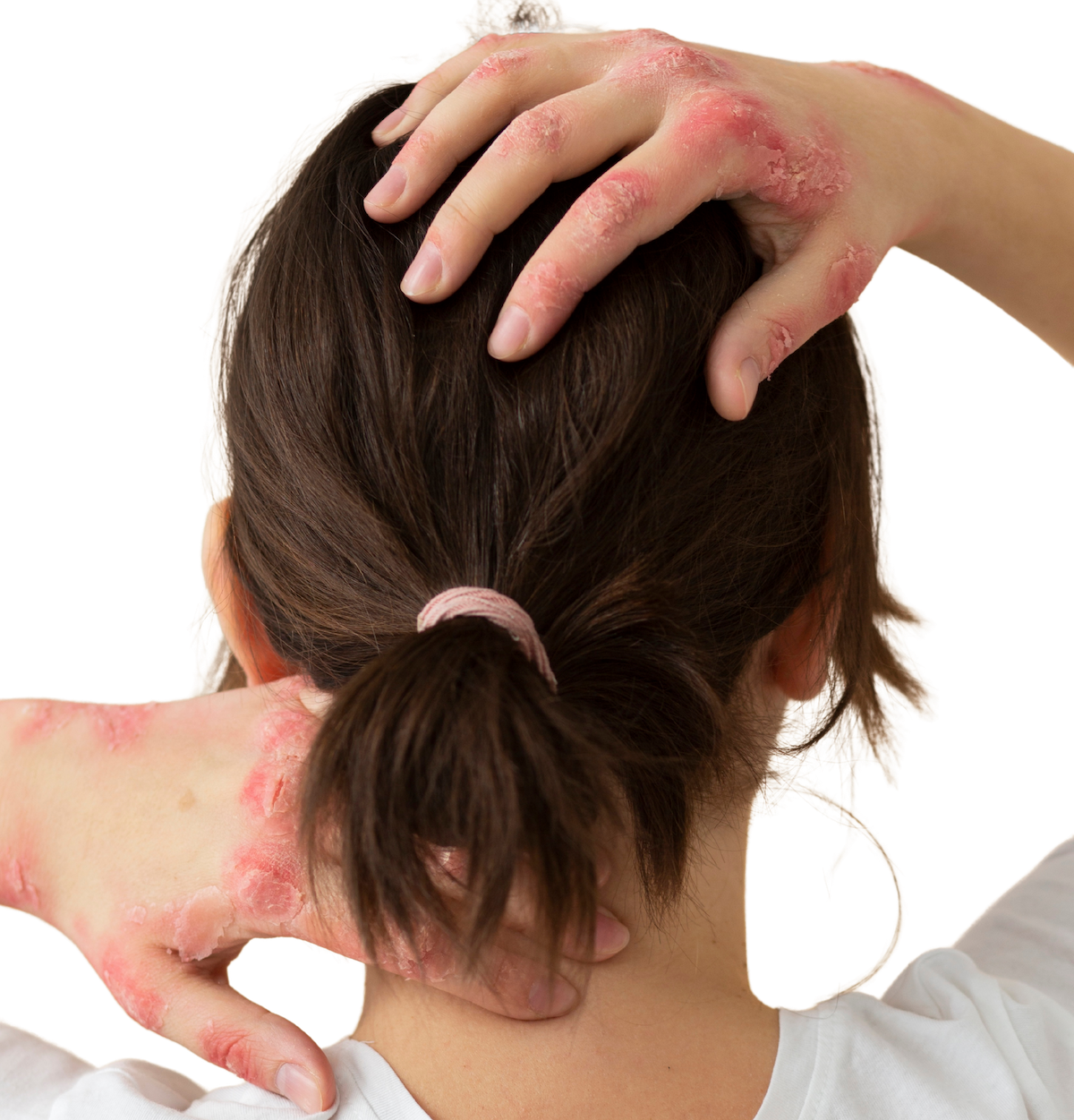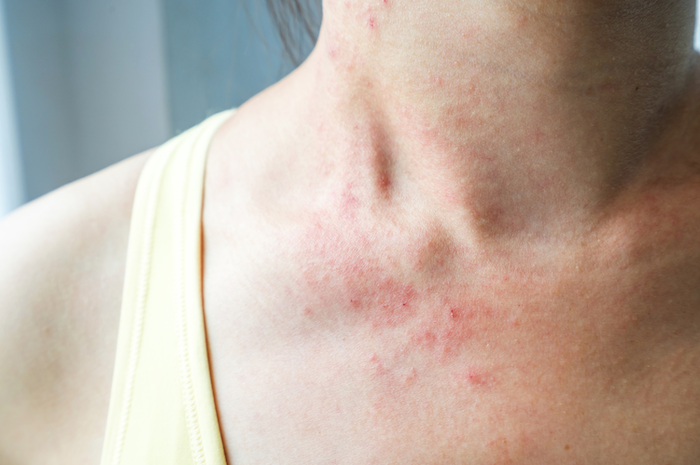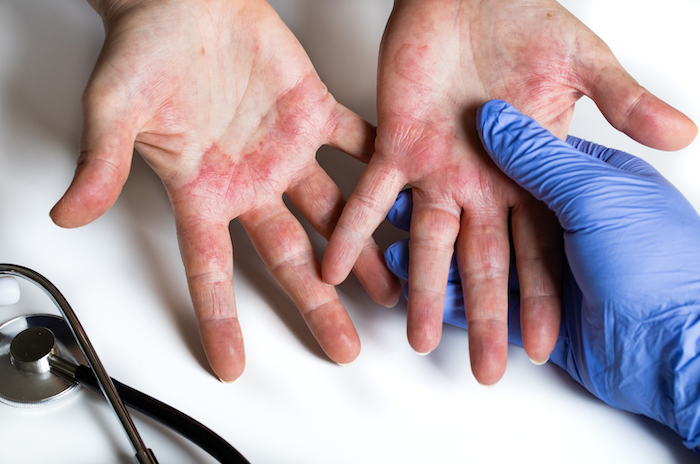Frequently Asked Questions
Can a dermatologist help with eczema?
Yes. Dermatologists can diagnose eczema, prescribe topical or oral medications, provide light therapy, and guide you in skin care routines and trigger management to relieve symptoms and prevent flare-ups.
When should I see a dermatologist for eczema?
If your symptoms interfere with daily life, sleep, or activities, or if over-the-counter treatments don’t help, it’s time to see a dermatologist. You should also seek care if your eczema is moderate to severe, affects your face, or is linked to other conditions like asthma or allergies.
How do dermatologists diagnose eczema?
Diagnosis is based on a physical exam, a review of symptoms, medical history, and discussion of possible triggers.
What treatments are available for eczema?
Treatment depends on severity and may include:
- Moisturizers and skin care guidance
- Prescription topical corticosteroids or non-steroid creams
- Oral medications for more severe cases
- Light therapy
- Immunomodulators to regulate immune response
-
What are common eczema triggers?
Triggers vary, but may include dry skin, irritants (soaps, detergents, chemicals), allergens (pollen, dust mites, pets), certain fabrics (like wool), stress, sweating, or cold/dry weather.
What is atopic dermatitis?
Atopic dermatitis is the most common type of eczema. It often starts in childhood and causes dry, itchy, inflamed skin. While chronic, it can be managed with treatment and lifestyle adjustments.
Is eczema curable?
There is no cure, but proper treatment and trigger management can control symptoms, reduce flare-ups, and improve quality of life.
Is eczema genetic or autoimmune?
Genetics, immune system overactivity, and environmental factors can all contribute. Many people with eczema also have family members with allergies or asthma.







.jpg)










